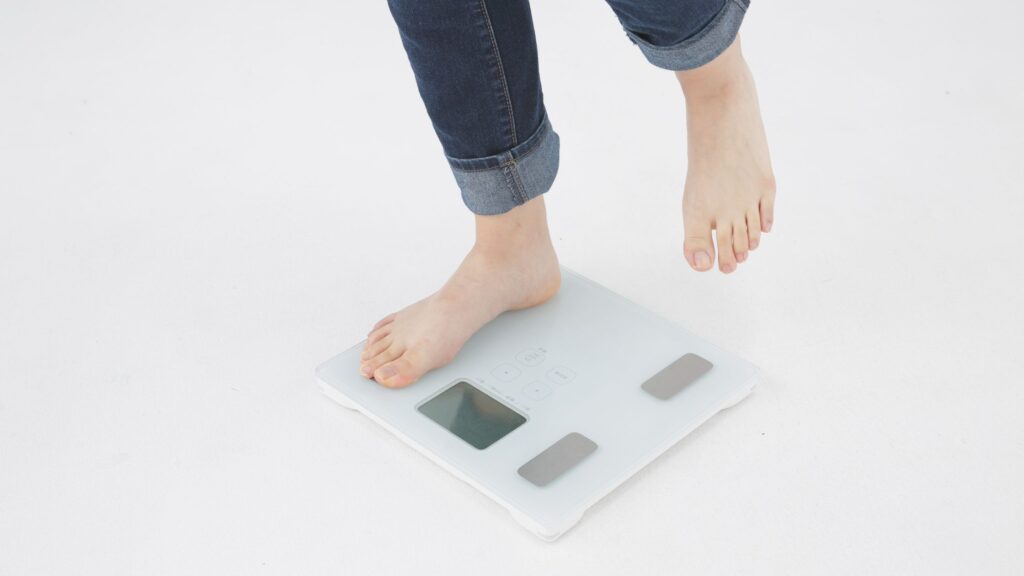A weighing machine, or weighing scale, is no longer just a tool to check body weight. With growing awareness about fitness, nutrition, and health, weighing machines have become smarter, more precise, and multi-functional. But with so many options available—digital, analog, smart scales, Bluetooth-enabled, and professional machines—it can be confusing to decide which one is right for you. Choosing the right weighing machine depends on your needs, lifestyle, and budget. Let’s break down the factors that will help you make a smart purchase.
1. Identify Your Purpose
The first step is understanding why you need a weighing machine.
-
For basic weight tracking → A simple digital or analog machine is sufficient.
-
For fitness and health monitoring → A smart digital machine that tracks body fat, BMI, muscle mass, hydration, and even bone density is a better choice.
-
For professional or commercial use (like gyms, clinics, or shops) → Heavy-duty and highly accurate professional-grade weighing scales are recommended.
2. Types of Weighing Machines
a) Analog Weighing Machines
-
Work using a spring mechanism.
-
Affordable and long-lasting.
-
Don’t require batteries.
-
Accuracy may vary over time.
b) Digital Weighing Machines
-
Provide accurate results in decimals.
-
Lightweight and easy to read.
-
Many come with glass top designs for aesthetics.
-
Require batteries or rechargeable cells.
c) Smart Weighing Machines
-
Sync with smartphones via Bluetooth or Wi-Fi.
-
Provide detailed health insights: BMI, body fat %, muscle mass, water levels, etc.
-
Ideal for fitness enthusiasts.
-
Costlier than basic digital scales.
d) Commercial Weighing Scales
-
Used in gyms, clinics, or shops.
-
Can weigh higher capacities (100 kg – 500 kg or more).
-
Built for durability and accuracy.
3. Accuracy Matters the Most
When buying a weighing machine, accuracy is the top priority. Even a 0.5–1 kg error can make a huge difference, especially if you’re tracking weight loss or gain. Digital and smart weighing machines are generally more reliable than analog ones. Always check reviews and ratings for accuracy before purchasing.
4. Weight Capacity
Most household weighing machines support up to 120–180 kg. If you need it for higher weights (for gyms or clinics), look for machines that go up to 250 kg or more. Always pick a machine with at least 20–30 kg extra capacity than the heaviest user.
5. Display and Readability
A good weighing machine should have a clear and easy-to-read display. Backlit LED displays are better because they can be read even in dim light. If elderly people will use the scale, larger digits and simple design are preferable.
6. Build Quality and Platform Size
-
Platform Material: Glass, plastic, or metal. Tempered glass looks modern but can be fragile if handled carelessly. Metal is more durable.
-
Size of Platform: A larger platform is more comfortable to stand on and reduces errors caused by balance issues.
-
Non-Slip Feature: Important for safety, especially if you place it in bathrooms.
7. Additional Features to Consider
-
Auto On/Off: Saves battery life.
-
Unit Conversion: Allows switching between kg, lbs, and stones.
-
Memory Function: Stores data for multiple users.
-
Bluetooth/Wi-Fi Sync: Connects with health apps like Google Fit, Apple Health, or Fitbit.
-
Rechargeable Battery: Saves money compared to replaceable batteries.
8. Ease of Use and Maintenance
A good weighing machine should be user-friendly. Avoid complicated models if you only need basic weight tracking. For smart models, check compatibility with your phone and apps. Cleaning should also be easy—glass-top machines need just a wipe, while textured platforms may need extra care.
9. Budget Considerations
-
Analog machines: ₹500–₹1,000
-
Basic digital machines: ₹1,000–₹2,500
-
Smart scales: ₹3,000–₹8,000
-
Professional scales: ₹5,000 onwards
Always compare features with your budget. Spending slightly more on accuracy and durability is better than replacing a cheap machine frequently.
10. Brand and Warranty
Go for reliable brands that offer at least 1–2 years of warranty. Popular options in India include Omron, HealthSense, Dr. Trust, Hoffen, and Xiaomi. A good warranty ensures peace of mind in case of manufacturing defects.
Final Thoughts
Choosing the right weighing machine is not about buying the fanciest model—it’s about matching the machine with your needs. If you just want to check weight occasionally, a basic analog or digital machine will do. But if you are serious about fitness, weight loss, or health tracking, investing in a smart weighing machine makes sense. Always prioritize accuracy, durability, and ease of use over unnecessary features. A weighing machine is a small investment that can make a big difference in keeping you accountable for your health goals.



